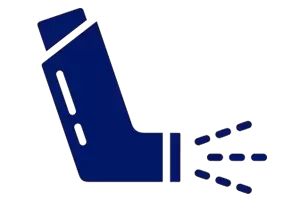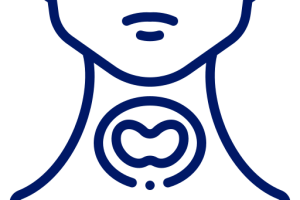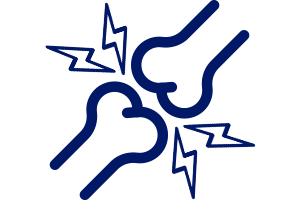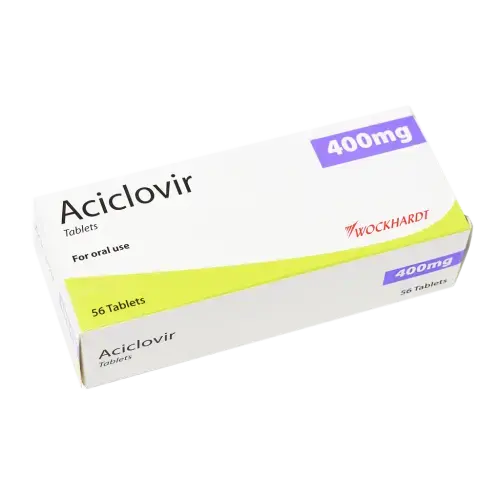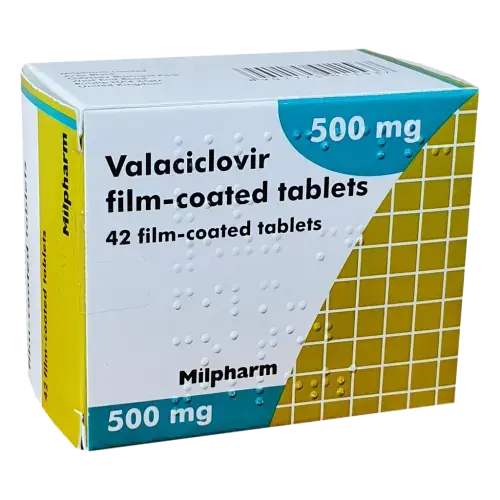What is Herpes? Herpes is a viral infection that is transferred via physical contact. There are two main types: herpes simplex type 1 (HSV-1); and herpes simplex type 2 (HSV-2). HSV-1 is commonly linked with oral blisters and cold sores and HSV-2 is the most common cause of genital herpes. How does genital herpes infection spread? Herpes is spread through physical contact with the sores and blisters it can cause. Although genital herpes is classed as an STI (sexually transmitted infection), it can be passed on via other routes. One of the main ways it can be transmitted is via direct oral contact (kissing), but sharing a glass or eating utensils with someone who has it can also cause it to spread. Genital herpes is passed on through sexual contact. The infection is not usually contagious when in remission, however, it is when the patient is having a flare-up (active). Who does genital herpes affect? Herpes can affect people of all ages. Babies can even inherit it at childbirth. As of yet there is no successful cure for herpes. Once infected it remains in the body for life. The virus goes through cycles of being active (flare-up) and remission where it exhibits no effects. Flare-ups can occur when: The patient is under stress The patient is ill (even a minor cold can cause a flare up) The patient is immunosuppressed The amount of flare ups a patient experiences will reduce as they get older, however, those experiencing flare ups know how uncomfortable the burning sensation can get. What are the symptoms of genital herpes? 8/10 infected people will not experience any symptoms. Those who do can experience: Small blisters that will burst and leave red, open sores around the genitals, rectum, thigh area and buttocks. In women - vaginal discharge and blisters around the cervix Pain when urinating Aches, pains and a general "unwell" feeling Symptoms can last up to 20 days but often subside before this time. Symptoms for the first outbreak are usually more intense, subsequent outbreaks are usually milder as your body produces antibodies for the virus. Patients that have experienced a flare up will recognise "warning signs" that another outbreak is coming. These signs include a tingling, burning or itching sensation around the genital area or sometimes down the thigh. Following this blisters may appear that are red and painful and soon burst, leaving open sores. Genital Herpes Treatment The objective of oral treatment is to cause the virus to go into remission faster and reduce the time symptoms are experienced. The active ingredients in herpes treatments (antiviral medicines) work by altering the reproduction process of the virus. To grow and multiply, the herpes virus requires the production of an enzyme, called DNA polymerase and this is where the medicines attack. Stopping the production of this enzyme stops the further multiplication of the virus and stops the infection from spreading. The body’s own immune system is then able to deal with the virus and cause it to go into remission. If you are worried that you have just caught the virus, it is advisable to see your doctor or go to your local GUM or sexual health clinic. They can diagnose the condition after examining your symptoms, and start a prescription for the required treatment. Genital herpes treatments that we can supply online with a private prescription are Aciclovir 400mg capsules and Valaciclovir 500mg capsules. If you have taken herpes treatment before, you can renew your prescription through our online consultation service here at SimplyMeds Online.
Learn More...- Shop/Treatments
- Prescription Treatments
-
- View All Treatments

-

-

-

-

-
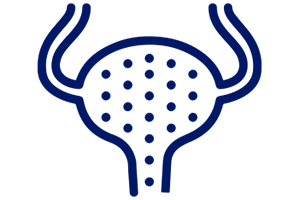
-

-

-

-
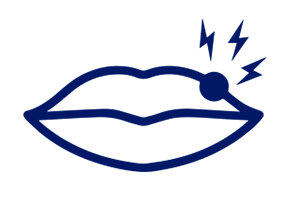
-

-
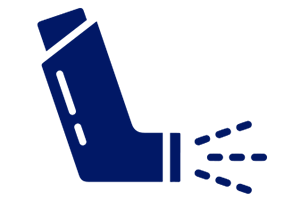
-
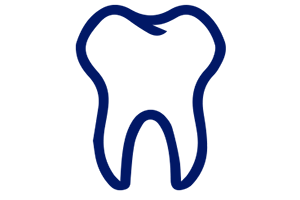
-

-

-
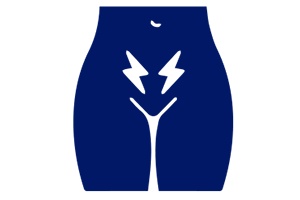
-

-
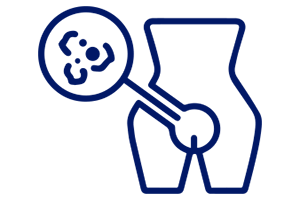
-

-

-

-

-

-

-

-
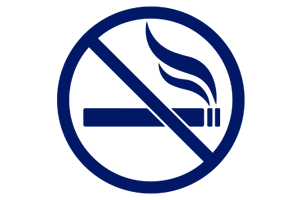
-

-

-
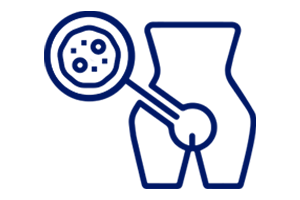
-

-
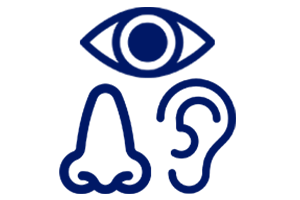
-

- View All Treatments

- View All Treatments
-
- Pharmacy Shop
-
- View All Treatments

-

-

-
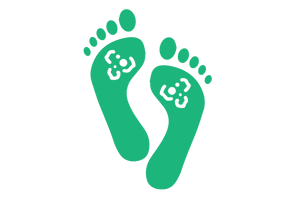
-

-

-

-

-

-
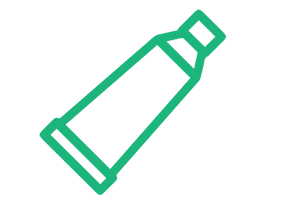
-
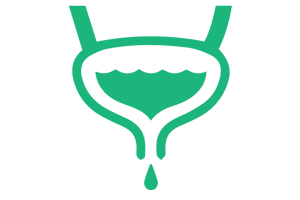
-

-
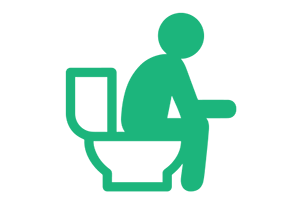
-

-
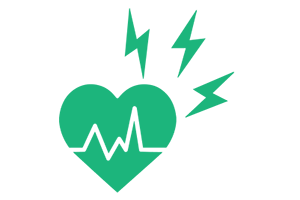
-

-

-

-

-
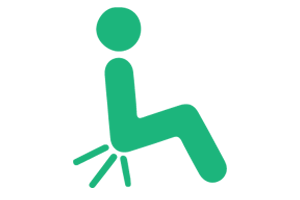
-

-

-

-
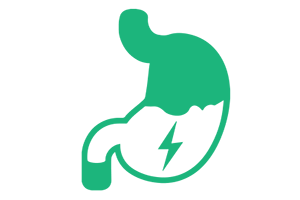
-

-

-

-
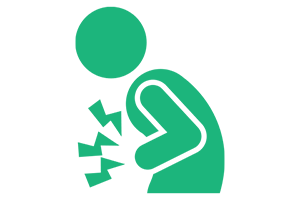
-
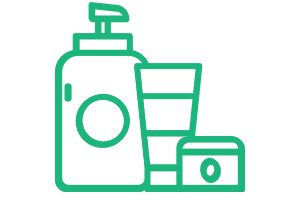
-
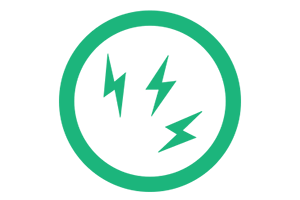
-

-
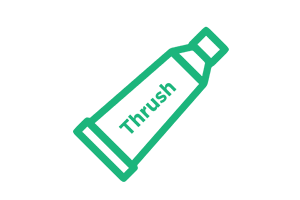
-

-

-
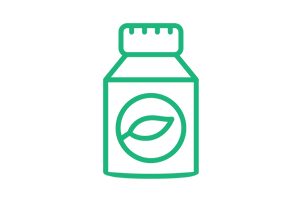
-

-

-

-

-

-
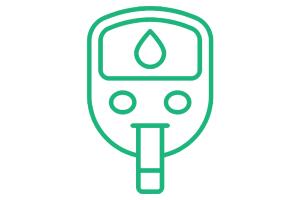
-

-

-

- View All Treatments

- View All Treatments
-
- Emergency Medications
- Premium Supplements
- Prescription Treatments

 Account
Account


